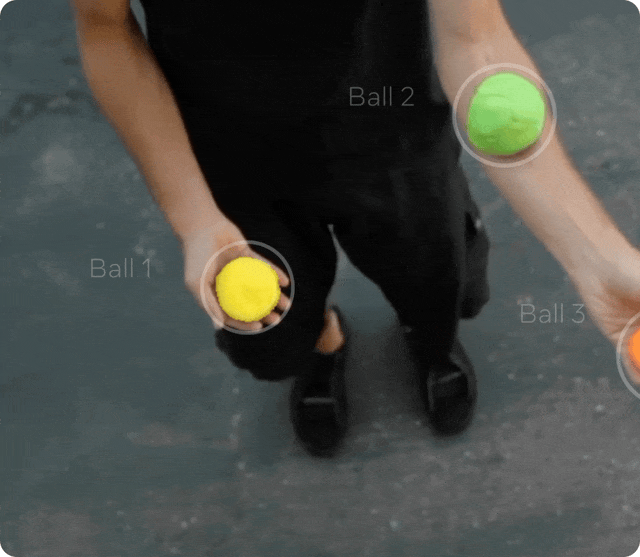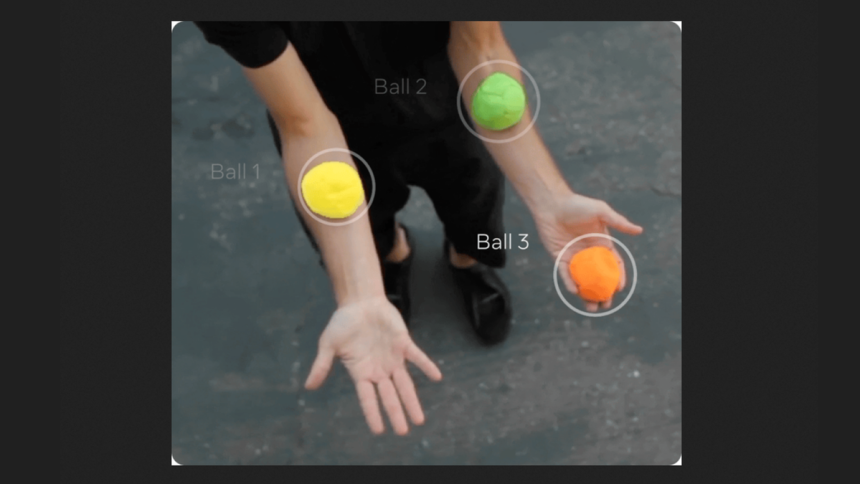Meta has unveiled an innovative AI model capable of tagging and tracking any object within a video as it moves. Dubbed the Segment Anything Model 2 (SAM 2), this advancement significantly broadens the features of its earlier version, SAM, which was confined to still images. This breakthrough introduces exciting possibilities for video editing and analytical processes.
The introduction of SAM 2 showcases real-time segmentation abilities that mark a major technological development. This model demonstrates how artificial intelligence can analyze dynamic visuals and differentiate between various components on screen—even when they shift around or briefly exit the frame before reappearing.
Segmentation refers to the method by which software identifies which pixels belong to specific objects in an image. An AI tool capable of executing this task simplifies the processing or editing of complex visuals—a hallmark feature introduced by Meta’s original SAM model. This previous version has successfully segmented sonar imagery for coral reef studies, processed satellite data to assist with disaster relief operations, and analyzed cellular imagery for skin cancer detection.
With SAM 2’s enhancements for video functionality—an impressive challenge made achievable through recent technological advancements—Meta has also released a comprehensive database containing 50,000 videos used for training the system. Additionally, they have referenced another pool consisting of over 100,000 videos utilized in their developmental process. Coupled with significant computational demands necessary for real-time segmentation analysis, while SAM 2 is currently accessible without charge, there may be future monetization efforts on Meta’s part.

Achieving New Segmentation Success
Utilizing SAM 2 enables video editors to extract and adjust elements within scenes much more efficiently than traditional editing software permits; this surpasses the exhausting manual frame-by-frame adjustments typically required in current applications. Furthermore, Meta anticipates that SAM 2 will transform interactive media experiences by allowing users to select and manipulate objects in live broadcasts or virtual platforms through this advanced AI framework.
The potential impact of SAM 2 extends into important areas such as computer vision technology development—specifically concerning self-driving vehicles. For autonomous systems to reliably interpret their surroundings safely requires precise object tracking capabilities; thus, SAM 2 could substantially streamline visual data annotation processes that yield superior training materials for these intelligence systems.
The buzz surrounding AI-driven video creation primarily centers on generating clips from textual prompts; models such as OpenAI’s Sora along with offerings from Runway and Google Veo garner notable attention due to their innovative strengths. However, it is plausible that functionalities driven by tools like SAM 2 could further embed artificial intelligence into mainstream video production practices effectively.
While Meta presently appears ahead in this arena, various competitors are actively working on similar technological solutions aimed at enhancing their own platforms’ capabilities; Google’s cutting-edge research focuses on developing summarization techniques and object recognition features currently being evaluated on YouTube’s service platform. Moreover, Adobe is advancing its Firefly AI toolbox centered around photography and videography enhancements that incorporate features like content-aware fill options alongside automated reframing tools.
Related Suggestions…
- Sora may be great but Runway is poised to redefine what we expect from AI-generated videos
- Dive into OpenAI’s Sora’s animated film about Toys ”R” Us—nostalgic moments await!
- Adobe is rolling out new AI functionalities potentially marking a transformative moment for video editing






